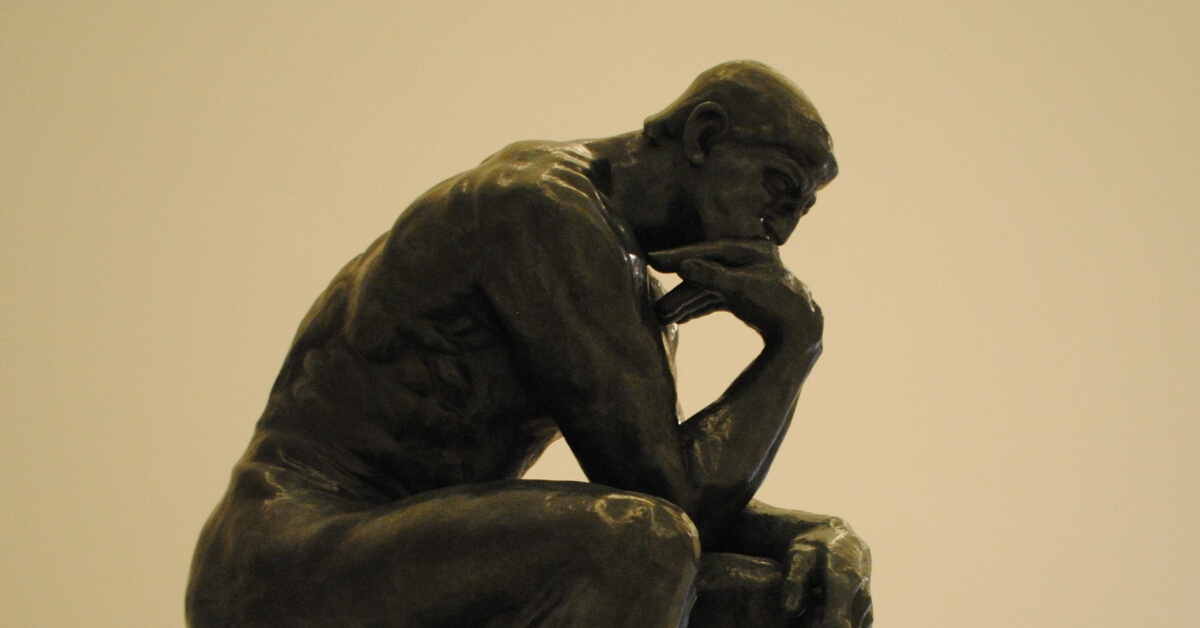As I wrap up my Evidence for God series today, I wanted to finish with an argument which is a perfect illustration of what I said in my first post, more than a month ago: that natural theology arguments weigh the scales in the direction of theism, but by themselves cannot offer an absolute proof. There are always “what ifs” when we are dealing with fallible human observation and induction. If a skeptic is determined to evade the force of any one of these arguments, he will be able to do so. Our job as apologists is not to kill every possible what-if, but to point to the evidence, let the evidence point to God, and pray that our Father would engender saving faith where we and our arguments cannot.
So far, we’ve considered evidence from the existence of the universe, from the appearance of design at the universal and biological levels, and from morality. If even one of these arguments is persuasive, then we need to grapple with the existence of a supernatural, creative being. But there is an additional category of evidence pointing to the existence of a Creator God: what we might call mind, or soul, or consciousness.
Why are jokes funny? Why do we respond to and create beauty like Michelangelo’s paintings or Bach’s music? Why do we fall in love? Why do we wonder about ultimate meaning? And why are we aware of ourselves—a central personality which experiences all our hopes, dreams, fears, desires, ideas?

